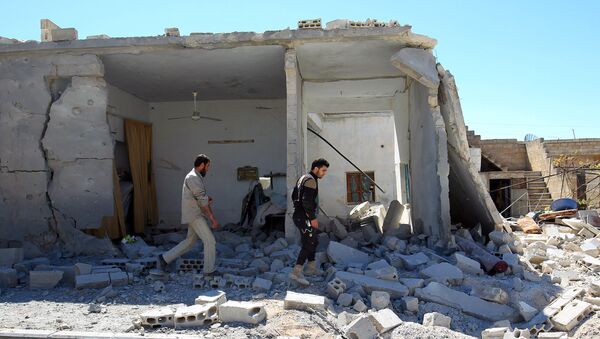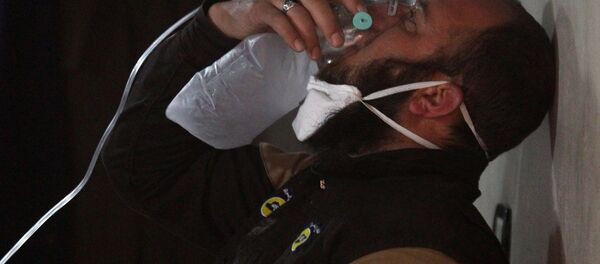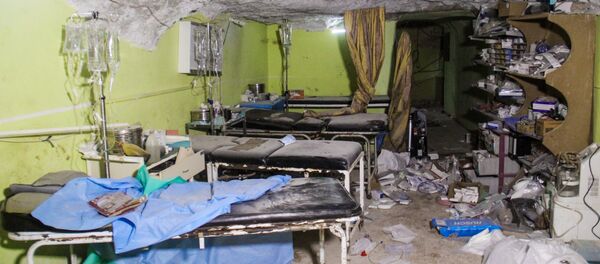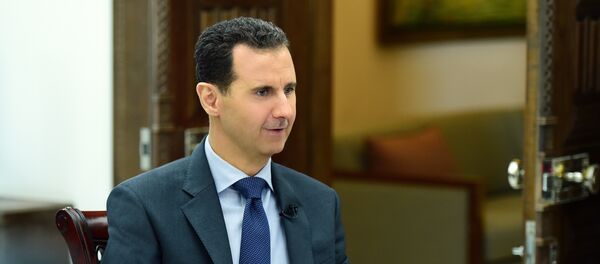On Wednesday, the OPCW fact-checking mission investigating the alleged use of chemical weapons in Khan Sheikhun said it had found traces of sarin in the victims' bodies.
"The results of these analyses from four OPCW designated laboratories indicate exposure to Sarin or a Sarin like substance. While further details of the laboratory analyses will follow, the analytical results already obtained are incontrovertible," OPCW Director-General Ahmet Uzumcu said Wednesday.
The Russian Defense Ministry questioned how the OPCW, which he said was created as an objective and impartial international organization, was able to come to that conclusion in two weeks while still being unable to identify mustard gas use in Aleppo in four months.
"If there really was sarin in Khan Shaykhun, how can the OPCW explain White Helmets charlatans jumping in sarin vapor without protection means? Everyone has seen it. I would like to receive from [OPCW chief Ahmet] Uzumcu distinct answers to all the questions as soon as possible," the ministry's spokesman said.
According to ex-member of a UN commission on biological and chemical weapons Nikulin, the OPCW probe cannot be considered objective in any way.
"Unfortunately, the hasty statements that they [OPCW officials] make without the commission's visit [to Idlib], without taking analyses on the ground, are of course alarming asthe footages we all saw don't necessarily mean that exactly sarin had been used, although it cannot be excluded. If the commission arrived at the site and took trial tests, then it would be logical. But they made a diagnosis from The Hague. It reminds of a diagnosis of a doctor who did not see his patient," he told Sputnik Radio.
The expert added that Damascus has been blamed for the alleged chemical attack that hadn't been properly investigated.
"They all try to place the blame on the [Syrian] government troops, but then the OPCW needs to withdraw its signature under the document in which it had verified that all the chemical weapons of [President Bashar] Assad were transferred to UN inspectors, plus return the Nobel Prize. Because that will mean it turned out that they did not cope with the task about which they reported," he concluded.
Earlier, Russian Foreign Minsiter Sergei Lavrov said Moscow was using its relations with Damascus to encourage the Syrian government to fully cooperate with the OPCW which announced in January 2016 that it had destroyed Syria’s chemical weapons arsenal in accordance with an agreement reached after the 2013 Ghouta attack.




